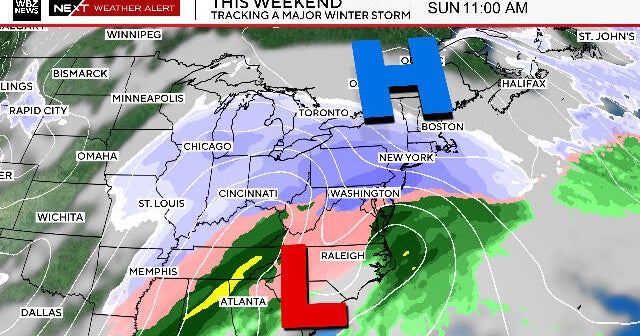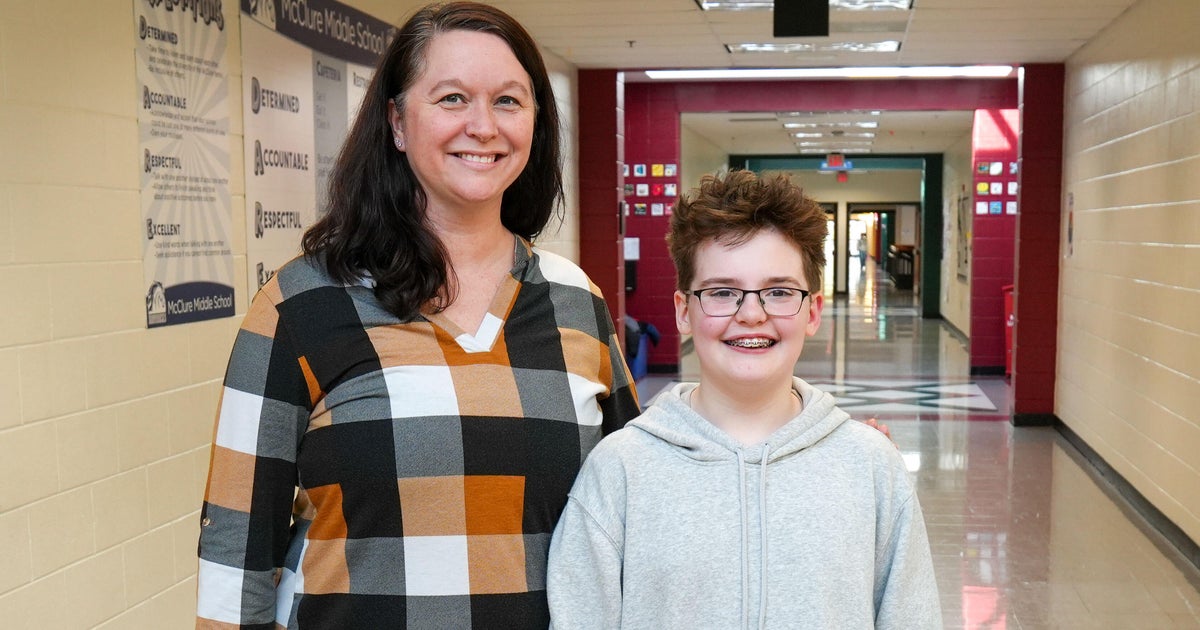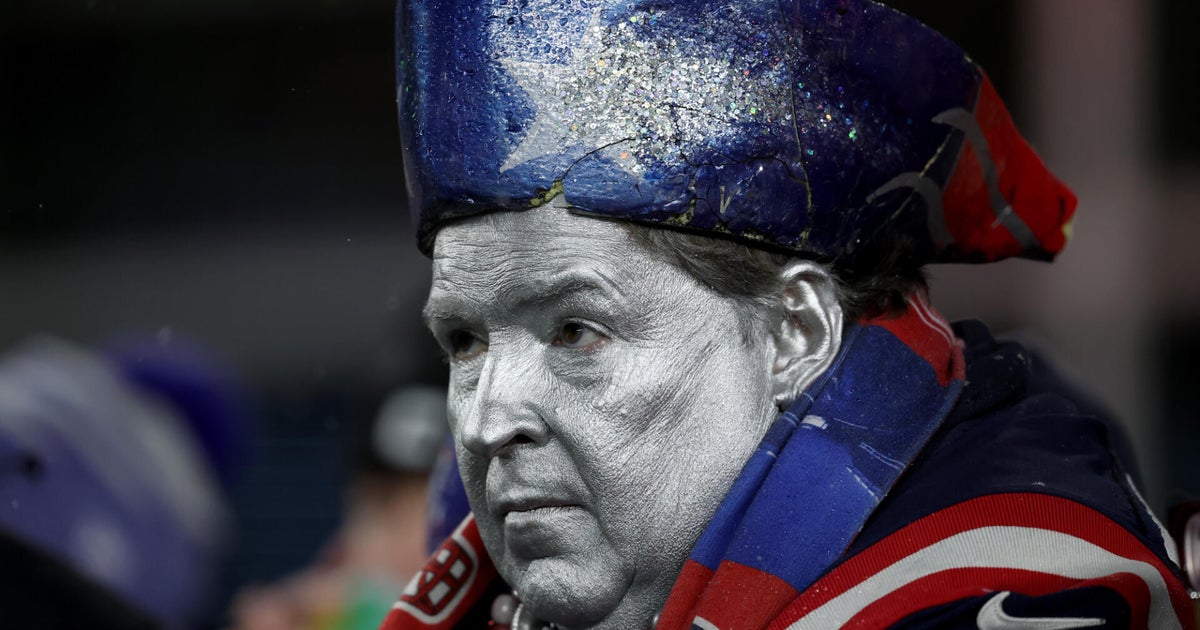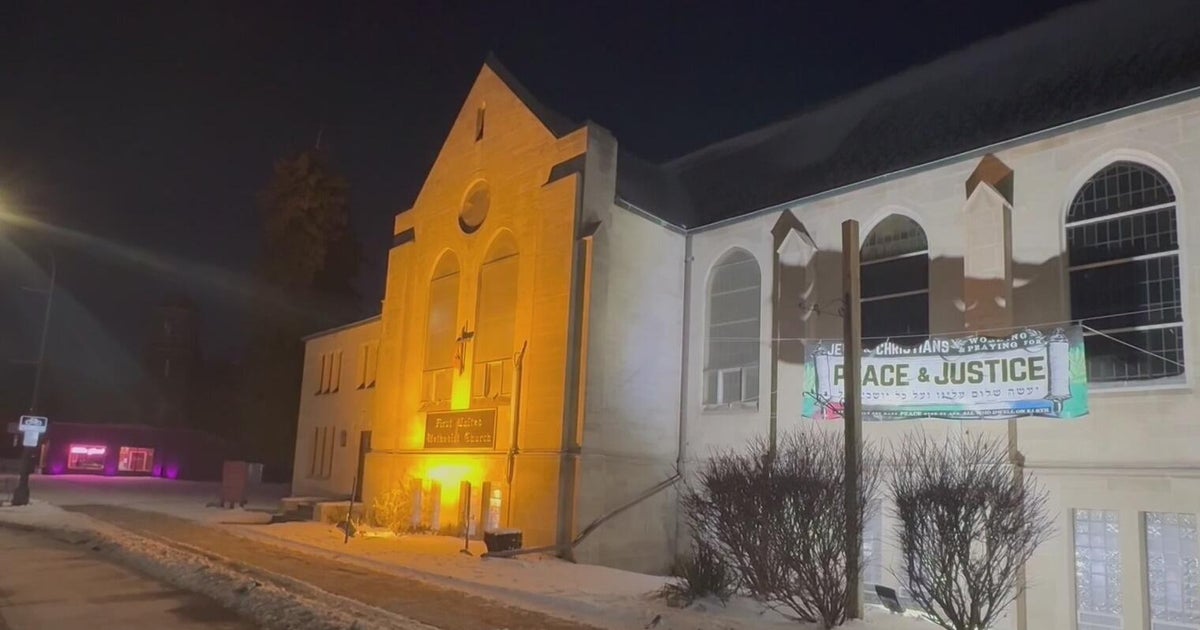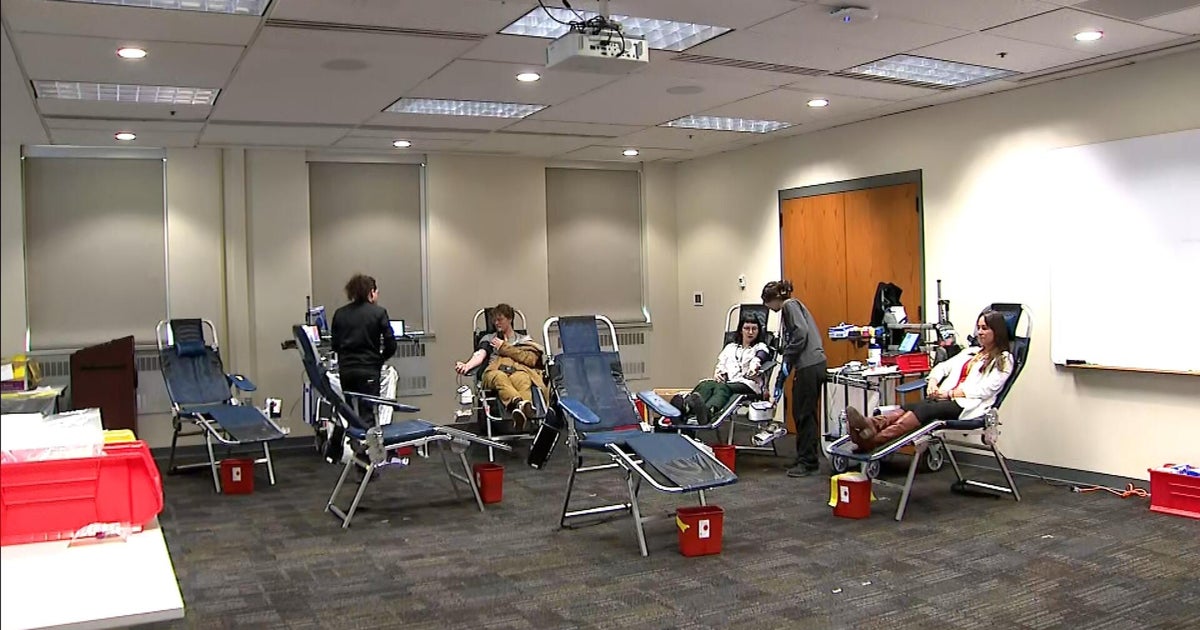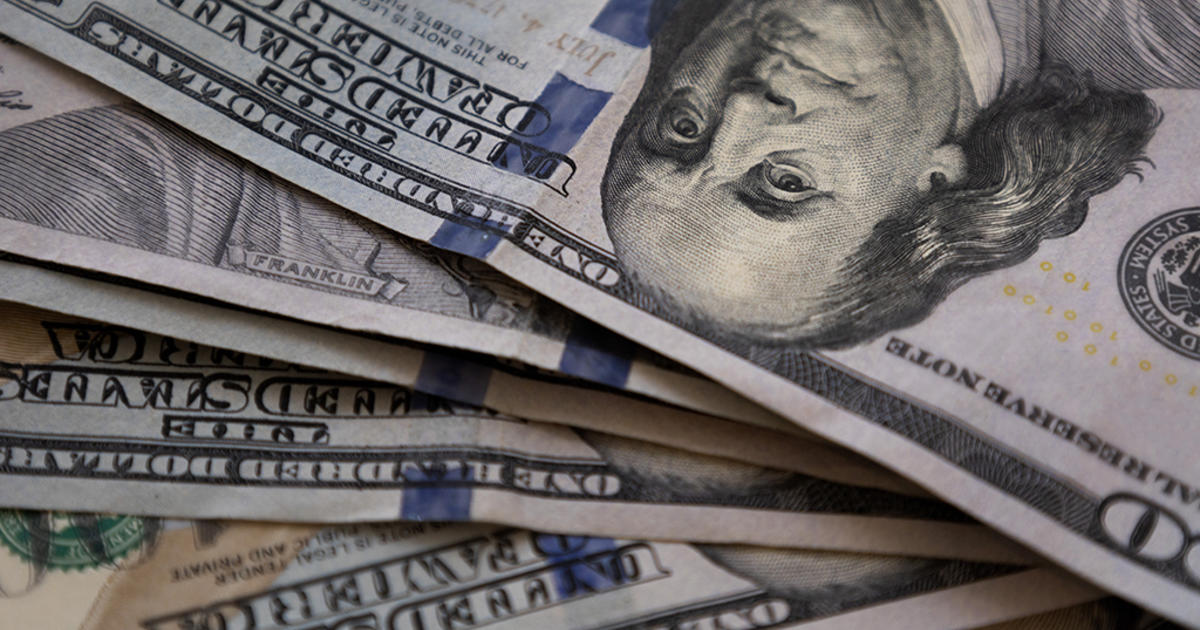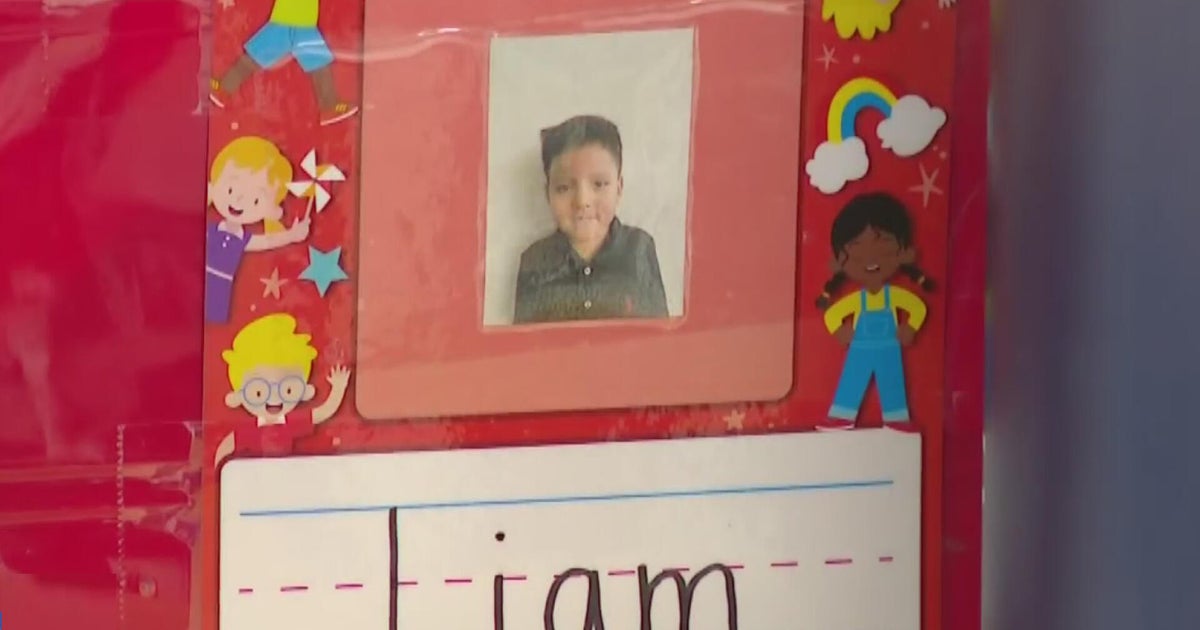Shalane Flanagan: US Women Runners Have 'Swagger' Going Into Boston Marathon
BOSTON (CBS) -- For decades, there was a notion that no American woman could win any of the country's marathons. That has changed in the last two years thanks to Shalane Flanagan and Desiree Linden.
Flanagan broke through first, ending a four-decade drought for American women when she won the New York City Marathon in 2017. Just over a year later, Linden did the same, ending a 33-year drought for American women in Boston, being the first to break the tape on a rainy New England day.
"I think with Des and I in that year, with me winning in New York and then that spring her winning Boston, I think it has really changed the perspective, the outlook, and the confidence of American women," Flanagan recently told WBZ-TV. "I feel like the American women have this swagger about them. They look at Des and I and think 'If they can do it, why can't I?'
"It's that whole concept of seeing people like you and feeling like if they can do it, why can't I have that moment," she continued. "That self-belief becomes a lot larger and the bar is completely blown out of the water. The expectations are much higher now, and that's a fun place to be, to really be dreaming of these wins."
Flanagan hopes that her's and Linden's victories provide a confidence boosts for U.S. elite runners like Sarah Sellers (who finished a surprising second last year), Jordan Hasay (third at Boston in 2017), Sally Kipyego and Sara Hall, who are all looking to keep pace with Linden at the 2019 Boston Marathon.
Flanagan recalls being told numerous times throughout her career that she couldn't compete with her African counterparts. Over the years, there were times when both her and Linden wanted to quit -- either as they trained or in the middle of races.
But being told they'd never be able to do something -- especially win a marathon -- was part of what drove Flanagan and Linden throughout their 26.2-mile victories. Now they hope it has helped paved the way for others like them to keep reaching for their goal.
"I think Des and I grew up with a chip on our shoulder. We were always told, 'The East Africans are just better than you, you can't compete with them.' I was told that a lot growing up, that I wasn't good enough or talented enough," said Flanagan. "We always thought we just had to work harder, and sometimes working harder was a bit of a self-sabotage, because you get injured trying to risk for big moments."
Flanagan recalls a low time for both she and Linden, when neither earned a medal in the 2016 Summer Olympics in Rio. It was one of the many times she thought that winning a marathon may never actually happen for her.
But luckily for Flanagan, and runners everywhere, both she and Linden kept going. Now both have an olive wreath to prove that they can indeed win their 26.2 mile races against the best runners in the world, and they hope it inspires another generation of runners in the U.S.
"It's amazing how you get to that point where you think you're going to give up, but right when you don't, that vital moment, it's when things change," said Flanagan. "The momentum of the two of us having wins within a relatively close time period is super special, as is having it be such a motivating factor for the next generation and the current generation."
Flanagan's days of running the Boston Marathon are over, as she'll now provide her commentary on the WBZ-TV broadcast of the 123rd running of the race.
